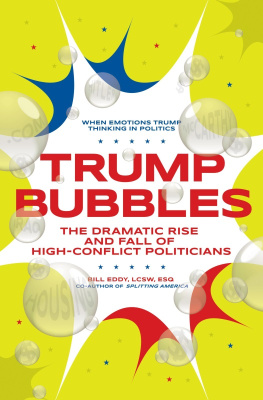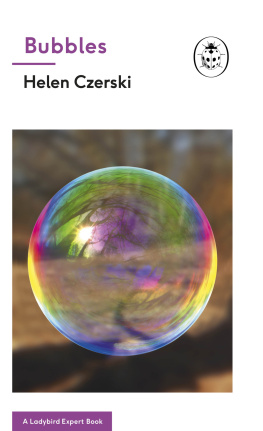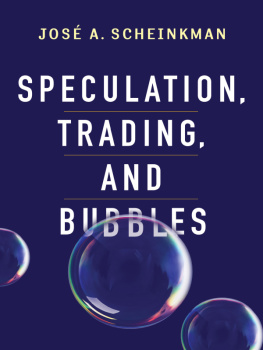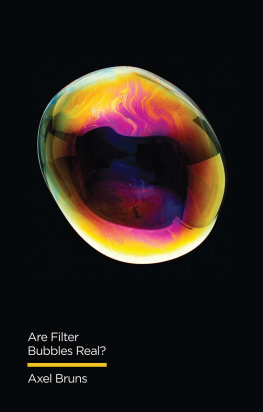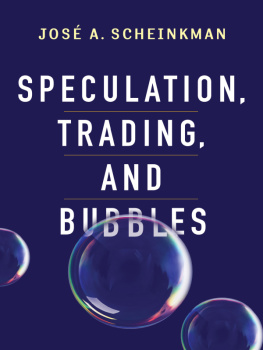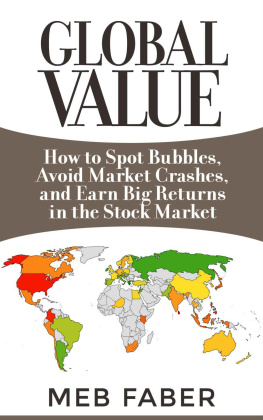PREFACE
Once upon a time I was a member of that arch-erudite body, the Faculty of Williams College, and I took my turn in putting forth lectures tending or pretending to edification. I was not to the manner born, and had indulged even to indigestion, in the reading of history. These ebullitions are what came of that intemperance.
The manuscripts were lying harmless in a bureau drawer, under gyncian strata, when, last summer, a near and rummaging relative, a printer, unearthed them, read them, and asked leave to publish them. I refused; but after conventional hesitation, Istill vowing I would neer consentconsented.
With this diagnosis, I abandon them to the printer and the public. Those who read them will form opinions of them, and some who read them not, will do the same thing in accordance with a tempting canon of criticism.
F. L.
Williamstown, Mass. , 1896.
The Duke of Berwick
I N the north-east corner of the map of England, or, if you are a Scotchman, in the south-east corner of the map of Scotland, you will find the town of Berwick.
That town was held first to belong to Scotland, and then to England. Then the lawyers tried their hand at it, and made out that it belonged to neitherthat a writ issued either in England or Scotland, would not run in Berwick-on-Tweed. So an act of Parliament was passed in the reign of George II., to extend the authority of the British realm to that evasive municipality.
The name is pronounced Berrick. It is a rule in England to spell proper names one way and pronounce them another: thus Edinburgh is Edinboro, Derby is Darby, Brougham is Broom, Cholmondeley is Chumly and so on. This rule is sometimes inconvenient. An American tourist wished to visit the home of Charlotte Bront. He asked the way to Haworth. Ha-worth! Nobody had ever heard of such a place. No such place in that part of England. At last somebody guessed that this stray foreigner wanted to go to Hawth. Haworth is Hawth.
But that act of Parliament did not decree that folks should say Berrick and not Berwick; and even if it had, it would not be of force in this country; so the reader may pronounce it just as he pleases.
From that town was derived the ducal title of my subject.
In November, 1873, I sailed for England. Among my shipmates was Lord Alfred Churchill an uncle of the present duke of Marlborough, and a descendent of John Churchill duke of Marlborough the famous general of Queen Anne. Walking the deck one day with Lord Alfred, I asked him about his familynot about his wife and childrenthat would not have been good manners; but about the historic line from which he sprang. I asked how it was that he was a Churchill, when he was descended not from a son but from a daughter of the great duke. He explained that an act of parliament had authorised Charles Spencer, earl of Sunderland, son-in-law of the duke, not only to take the title of duke of Marlborough, but to change his name from Spencer to Churchill.
There can be no better evidence of the overshadowing glory of the great captain than that the house of Sunderland should so nearly suppress the old, aristocratic name of Spencer, in favor of the new, the parvenu Churchill. The Spencers came in with the Conqueror, and we meet them often in history. We well remember the two Spencers, father and son, who were executed in the reign of Edward II. on a charge of high-treason; and that bizarre historian ABecket says that the sad tale of those Spencers led afterwards to the introduction of spencers without any tail at all.
I asked his lordship what had become of the Berwick branch of the Churchills. He answered drily that he did not knowso drily in fact that I inferred he had forgotten there had ever been such a branch.
In order to introduce that branch I must ask you to go back with me to the middle of the seventeenth century.
Charles Stuart, Charles II. sits on the throne of England, or rather perambulates about it, for he is a great walker: he and his dogs are always in motion; and his favorite breed of those animals is still known as the King Charles spaniel.
Charles was a witty and a disreputable monarch: one current view of him is that he never said a foolish thing and never did a wise one.
Charles had married Catharine of Braganza a daughter of that John of Braganza who had rescued Portugal from the yoke of the Spanish Hapsburgs, and founded the present dynasty. Catharine bore no children, and the next heir to the crown, was James duke of York brother of Charles. The two brothers were unlike in everything but general worthlessness: Charles was an idler and a scoffer; James a busybody and a devotednot exactly devoutRoman Catholic. Both were fond of women; but mark the difference! Charles gathered to him handsome ones only; and they were truly handsome, as their portraits still testify. James fell in love so perseveringly with homely ones, that Charles said in his ribald way, that it was the priests who imposed those girls on James as a penance.
Among the damsels who won James heart, was Anne daughter of Sir Edward Hyde, afterwards Earl of Clarendon. Now Miss Anne Hyde though respectable, was certainly no match for the blood-royal, for the heir apparent; and James after having gained her affections, sought to jilt her. What led him to think better of it is not clear: stories differ: it is even said that her father himself opposed the marriage out of prudence and politics, just as Cardinal Mazarin prevented Louis XIV. from marrying his niece Olympia with whom the young king was desperately in love. Another legend is that Sir Edward came and knelt before the king and pleaded the cause of his daughter; and Charles told James he must marry that girl. At all events, he did marry her.
Little homely Anne Hyde was now great duchess of York, wife of the heir apparent, prospective queen of England. Among her maids of honor was Arabella daughter of Sir Winston Churchill a country gentlemen of credit and renown. Arabella had a homely facethere is augury in thatbut her form was symmetrical. She was a bold horsemanor horsewoman if you insist. James was equally equestrian, so he and Arabella were often companions. One day Miss Churchill had mounted the most unruly animal in the dukes stables. Her horse reared and kicked and plunged so violently that in spite of her horsemanship, (not horsewomanship,) she was thrown to the ground. James sprang to her aid. He passed his arm around that shapely bodice and looked into that plain face as he raised her up; and his susceptible heart was transfixed once more.
On the 21. August 1670, there was born James Fitzjames, James the son of James and of Arabella Churchill. It was a lusty scion, Churchill through and through; very little of the Stuart perceptible. Leaving the brat to kick and yell and thrivebut dont forget himwe will consider some other of his relativesrespectable folks all, and moving in the best society, or I should not venture to introduce them to my readers.
Arabella had a brother named John who, you see, was uncle to the little Fitzjames. But for this unclehood and this brotherhood, we probably would never have heard of John. There might have been no Blenheim, no Ramilies, no Oudenard, no Malplaquet, in fine, no duke of Marlborough. James seeing that his morganatic brother-in-law was resolved to be a soldier, sent him to France to serve under Turenne; and John did not waste his time.



